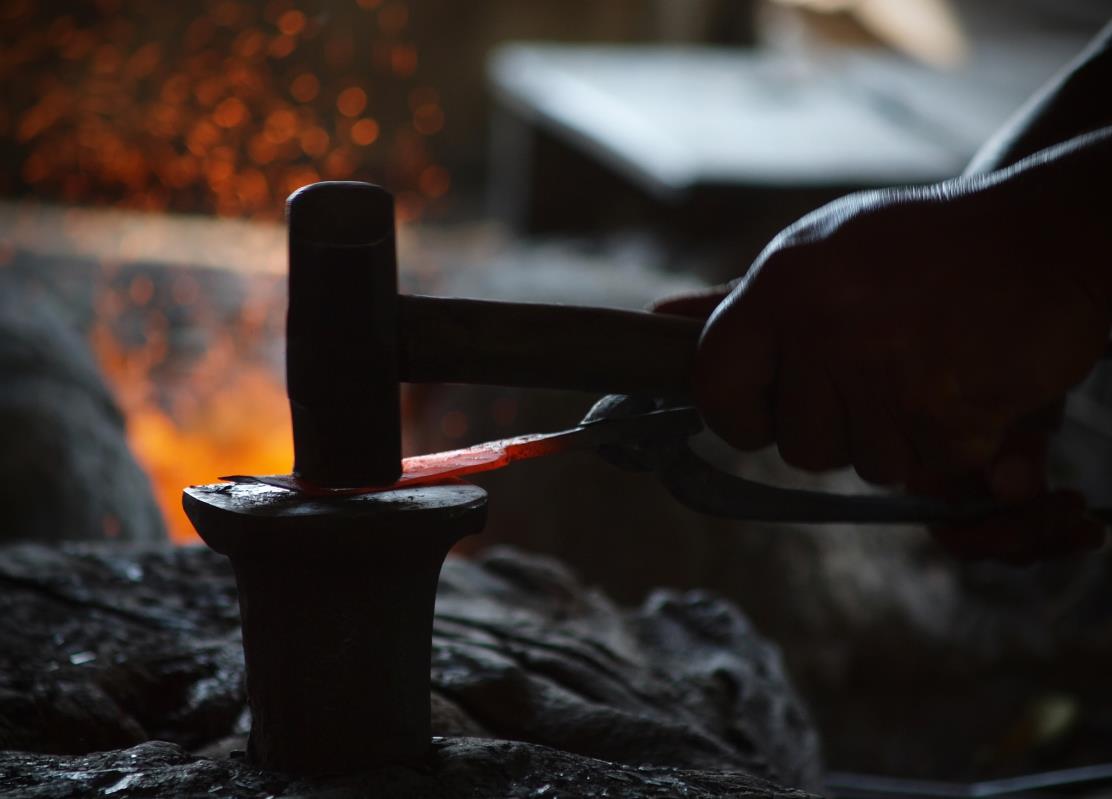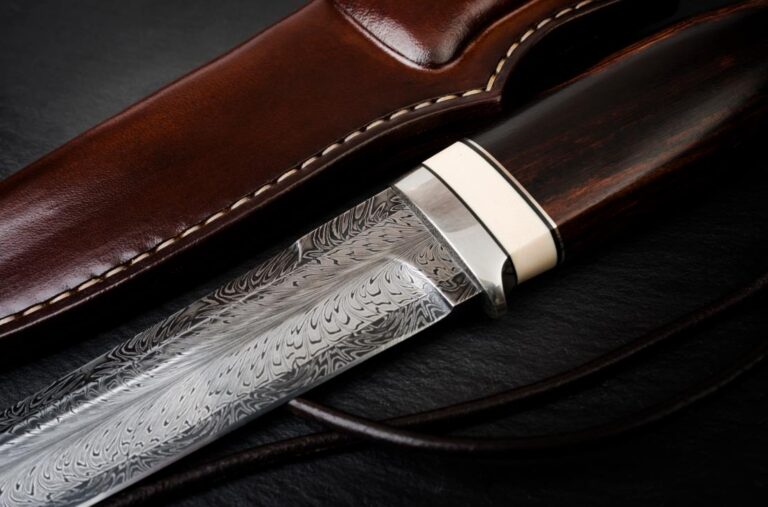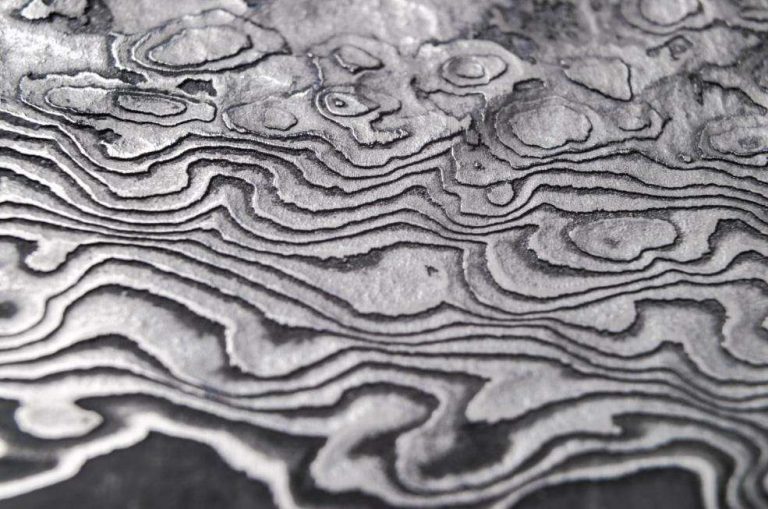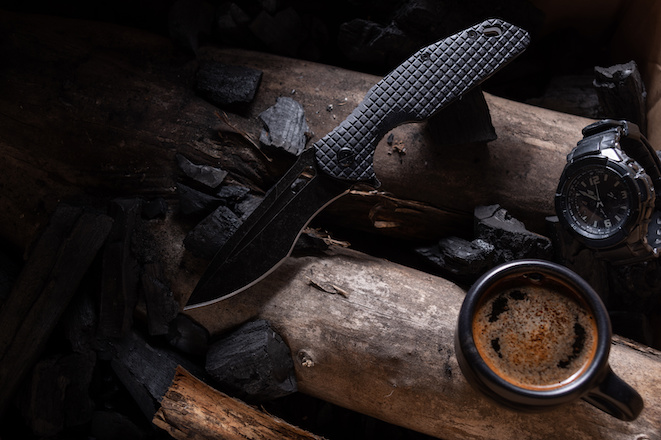CTS-XHP, or XHP for short, is a widely recognized steel developed by Carpenter Technology. It’s a name knife enthusiasts often hear about, but there aren’t many knives made from it. Still, there are a good number of pocket knives out there that use CTS-XHP blades.
Carpenter Technology originally developed CTS-XHP to have the wear resistance of D2 and corrosion resistance of 440C in 1994. It wasn’t a powder metallurgy steel initially. After changes to the manufacturing process, the improvements in toughness, strength, and corrosion resistance enabled CTS-XHP to have a place in the knife world.
Today, CTS-XHP knives exhibit adequate edge retention for daily EDC tasks, good toughness, incredible corrosion resistance, and a fair sharpening process. While these are straightforward, there is much more to CTS-XHP from Carpenter Technology.
In this article, we’ll discover the composition and properties of CTS-XHP steel and compare it with similar alternatives. Read on to uncover if the blades made from it would be a fitting choice for your store.
CTS XHP steel chemical composition
- Carbon: 1.60%
- Chromium: 16.00%
- Molybdenum: 0.80%
- Manganese: 0.50%
- Vanadium: 0.45%
- Silicon: 0.40%
- Nickel: 0.35%
As we’ve mentioned above, the primary goal of CTS-XHP steel is to surpass 440C steel in the hardness department, and corrosion-resistant of D2. But its chemical composition reveals a much more complicated case. On top of that, when considering use in knives, CTS-XHP displays intriguing properties that can make an ideal product for your clientele.
CTS XHP steel properties
Hardness
Carpenter’s CTS-XHP has a hardness between 60 and 64 HRc. During heat treatment, knifemakers can push its hardness up to 65 HRc. However, it exceeds its optimal range and becomes too brittle at that point.
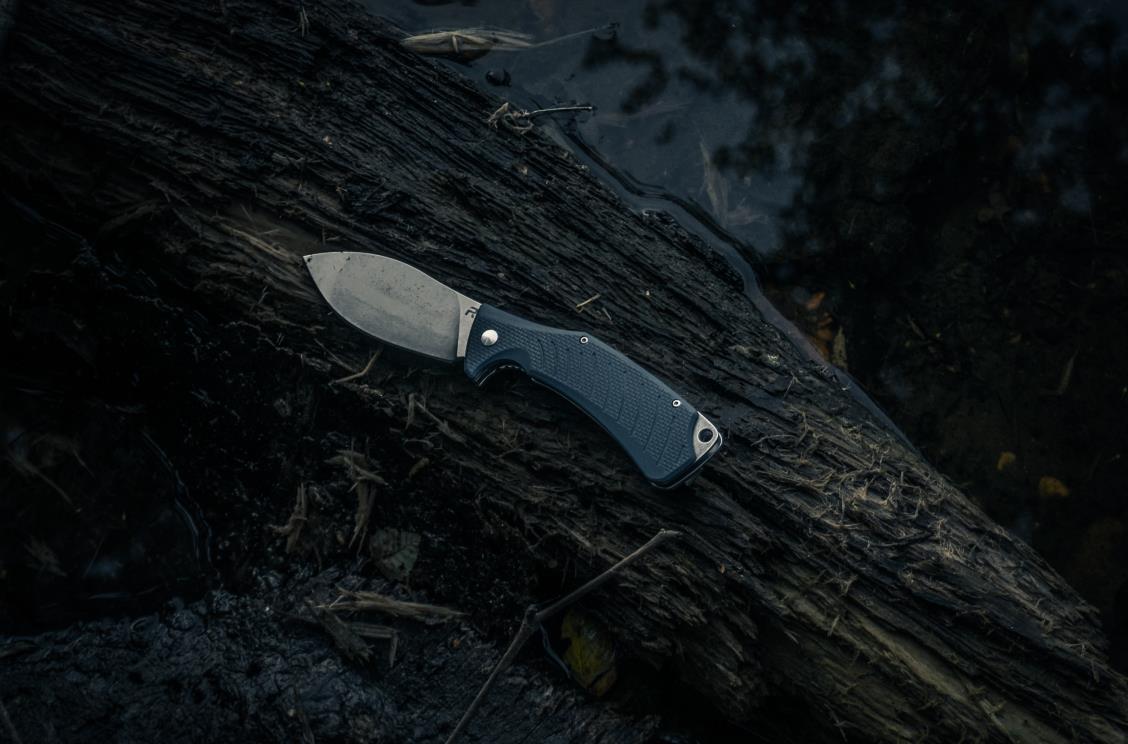
Still, the given range for hardness is above many pocket knives, which tend to be between 58 and 60 HRc. Most shoppers would find CTS-XHP steel’s hardness high for what they’re used to carrying. Despite this high hardness range, CTS-XHP doesn’t lose much from toughness and tensile strength.
Buy Wholesale Knives and Start Scaling up with Us Today
Contact us and connect with a sales rep to get a free quote.
Edge retention
CTS-XHP is a powder metallurgy steel that has incredible sharpness. The fine carbide distribution achieves superb sharpness that satisfies knife users. This sharpness is coupled with edge retention adequate for both recreational and professional users.
Under regular use, a CTS-XHP knife won’t give up much from its sharpness. It won’t be able to hold an edge as long as high vanadium steels like S90V or S110V, but it will take users far enough. Considering its other properties, which we’ll get to in a moment, CTS-XHP steel has excellent edge retention beyond most steels in the market.
Wear resistance
CTS-XHP upholds one of the best wear resistance capabilities among the steels produced by Carpenter Technology. This steel offers great wear resistance that improves its ability to keep a sharp edge. It also means CTS-XHP steel knives aren’t subject to scratches and marks caused by the daily use of a knife.
While the wear resistance could’ve been better by increasing the vanadium content, Carpenter decided not to as it would pose challenges during sharpening. Although CTS-XHP doesn’t have outstanding wear resistance, it’s at a sweet spot for knives.
Toughness
The toughness of CTS-XHP is a surprise to most people. The decrease in toughness due to increased hardness doesn’t apply to CTS-XHP as much. In fact, it has better toughness than softer steels known to have good edge retention, like 154CM and Elmax. This upward motion of toughness and edge retention makes CTS-XHP a favorite.
Piercing through things or sticking the knife on a piece of wood doesn’t bring fear of a broken tip. All these make CTS-XHP more than good for knives, further expanding its uses. With its high toughness, you can also find CTS-XHP steel used in surgical equipment and industrial applications.
Corrosion resistance
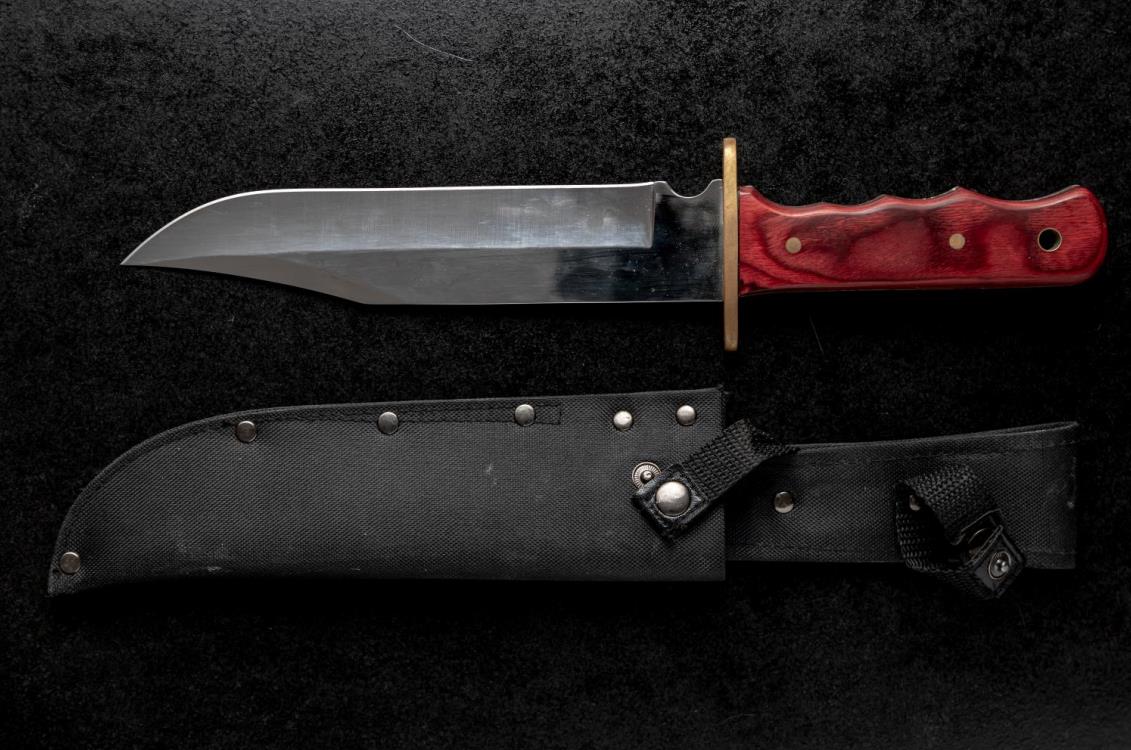
CTS-XHP is stainless steel. Despite having a higher carbon content (0.50%), CTS-XHP has similar corrosion resistance to 440C. It’s resilient to humid environments and holds well to corrosive elements like salt and chlorine. CTS-XHP can’t resist acids in high concentrations, but it’s more of a concern for industrial uses.
The high corrosion resistance, with its other properties, makes CTS-XHP ideal for various knife applications. Although it’s mainly pocket knives that benefit from rust resistance, CTS-XHP is also appropriate for kitchen use. CTS-XHP steel knives aren’t susceptible to oxidation when cutting foods outdoors during camping or hunting.
CTS-XHP steel has good wear resistance but doesn’t have the super hard vanadium carbides that make sharpening difficult. The 0.45% vanadium content improves its wear resistance without significantly decreasing sharpening ease.
Using standard sharpening tools, whether a whetstone or a sharpener, CTS-XHP takes a sharp edge quickly. We recommend using whetstones within the 400 to 1,000 grit range for the best results.
This relatively easy sharpening routine further pleases users considering its edge retention. A CTS-XHP steel knife will hold an edge sufficiently but won’t challenge users when it’s time to revive a dull edge.
CTS XHP steel: an overview
CTS-XHP is a high carbon, high chromium stainless steel manufactured using powder metallurgy processes. It’s a versatile steel with balanced properties that make a good blade.
CTS-XHP is not difficult to sharpen and holds a sharp edge for long periods. Furthermore, the powder metallurgy processes equip it with an incredibly sharp edge. You can expect excellent sharpness and edge retention in one blade.
A chipped edge or a broken blade isn’t a worry with CTS-XHP steel. Even for demanding tasks, it will remain intact without damage. However, the knife design, edge geometry, and other attributes put in place by the manufacturer can’t be overlooked. The toughness won’t be an issue as long as a CTS-XHP knife is employed for its intended purposes.
All these attributes make CTS-XHP an all-around knife steel that satisfies most aspects of a knife. While your customers may enjoy having a CTS-XHP knife, the price might be intimidating. CTS-XHP knives aren’t affordable. It’s mostly high-end pocket knives that use this steel, so your customers should expect to pay a premium price for it.
CTS XHP steel vs. other steel
While CTS-XHP is a versatile blade material that meets the expectations of countless knife users, others might be a better pick. Here we’ll compare some steel that are often brought up alongside the CTS-XHP steel.
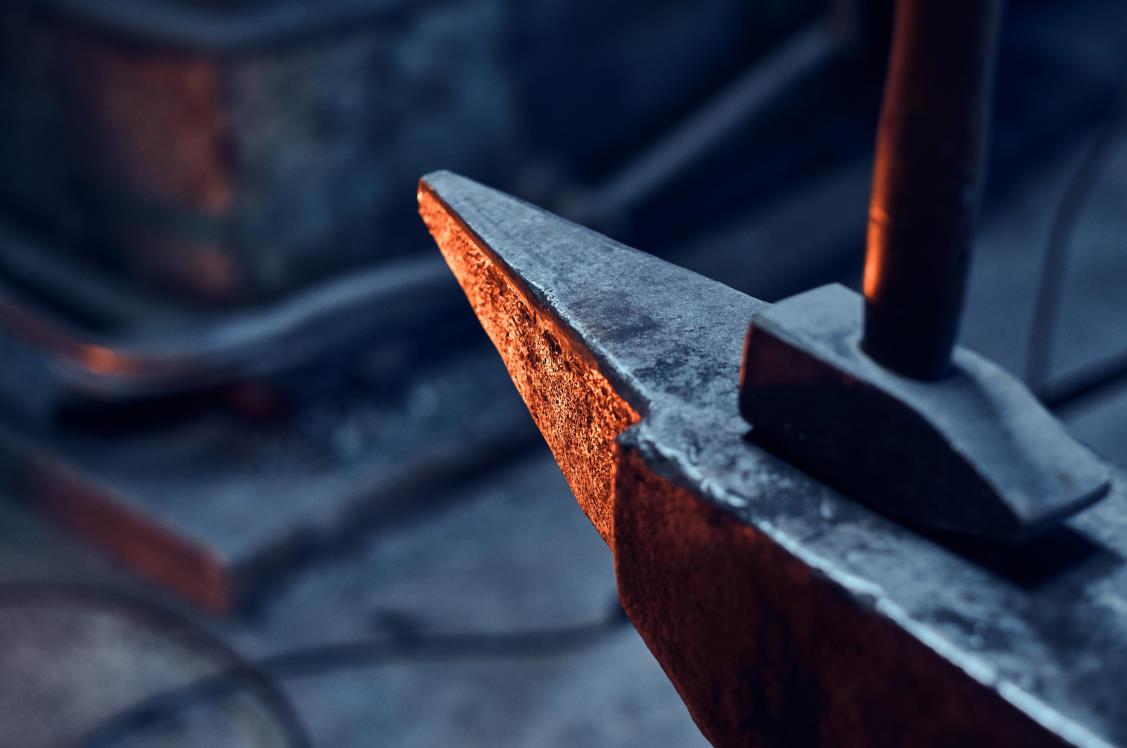
XHP vs. CPM S30V
CTS-XHP and S30V from Crucible are both powder metallurgy steels. They have equivalent sharpness and edge retention. It’s difficult to differentiate which would hold a sharp edge for longer. It comes down to heat treatment and the knifemaker.
From tensile strength to resisting chips, CTS-XHP has better toughness than S30V. Using an S30V knife as if it was made from CTS-XHP can result in damages. To what degree comes down to the manufacturer and heat treatment.
CTS-XHP also seems to have slightly better corrosion resistance than S30V. However, considering both are stainless steels known to have superior corrosion resistance, it shouldn’t make a big difference. In sharpening, CTS-XHP provides an easier time.
Overall, CTS-XHP and S30V share similarities and have their differences. The differences are only slight other than toughness. The price is often the leading factor in deciding which is better for your store in cases like this. Due to lower availability, CTS-XHP steel knives are more expensive than their S30V counterparts.
XHP vs. CPM S35VN
S35VN is very similar to S30V, but there are notable differences your customers will notice when compared to CTS-XHP.
S35VN steel’s toughness is well below that of CTS-XHP. It isn’t as robust. When using two identical knives for heavy-duty tasks, the S35VN blade will disappoint. S35VN compensates for this with a slightly better edge retention that holds onto its sharp edge.
The powder metallurgy processes make both steels produce an incredibly sharp blade, but S35VN is the one that has the edge over the other. Although slight, it can make a difference to buyers using a knife repeatedly throughout the day.
When it comes to sharpening, CTS-XHP and S35VN are quick to take a sharp edge, as both are powder metallurgy steels.
XHP vs. M390
The primary differences between CTS-XHP and M390 are edge retention, toughness, and corrosion resistance.
The knives made from M390 steel often have better CATRA testing results. Although M390 steel isn’t as hard, it has slightly better wear resistance, enabling it to achieve superior edge retention.
While M390 cuts for longer, it isn’t as adaptable to different cutting tasks as CTS-XHP. The toughness of CTS-XHP speaks for itself, as it leaves behind many knife steels like Vanax, Elmax, and even AEB-L at hardness above 63.
M390 has better corrosion resistance than CTS-XHP. As with others, this is only in the numbers. Users of both knife steels won’t face corrosion or rust outdoors.
While CTS-XHP is usually the one that’s more expensive due to availability, M390 tends to be pricier than CTS-XHP.
Should you sell CTS XHP steel knives?
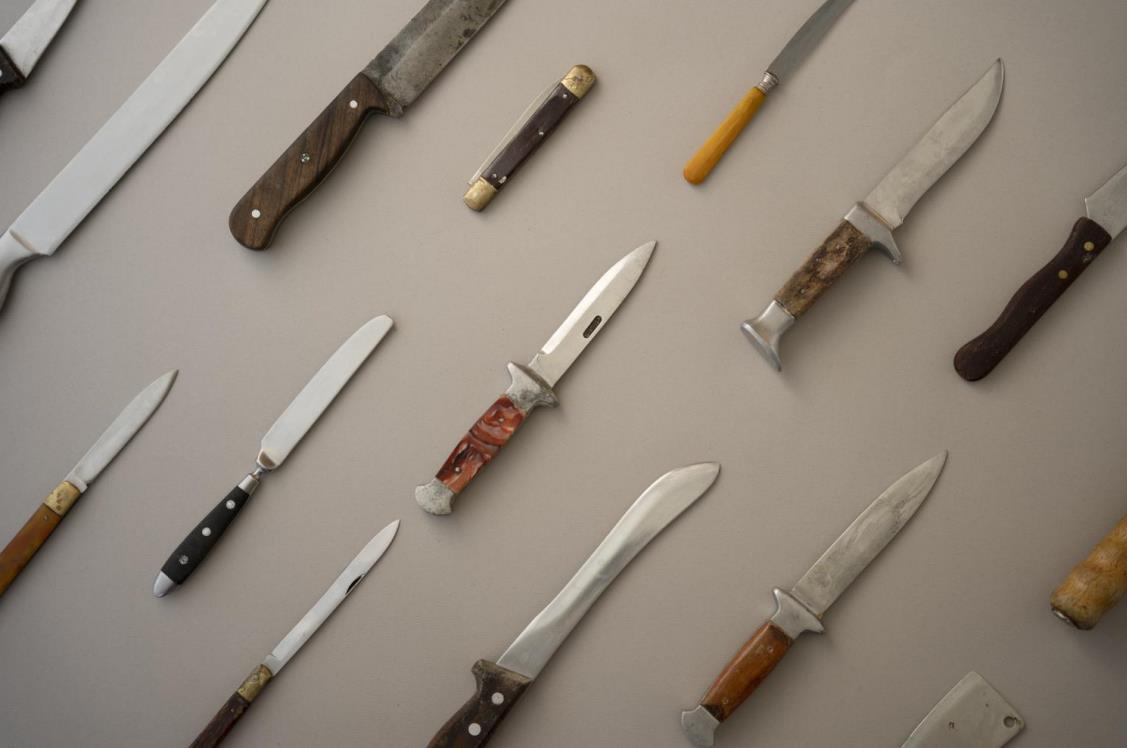
CTS-XHP steel has balanced properties with uses in industrial applications, surgical cutting tools, and pocket knives.
CTS-XHP steel’s properties are harmonious, where one doesn’t negatively affect another significantly. This balance delivers a versatile blade that can be employed in various tasks. It has adequate edge retention for daily cutting needs, endures hardy duties, doesn’t rust, and is easy to sharpen.
Buy Wholesale Knives and Start Scaling up with Us Today
Contact us and connect with a sales rep to get a free quote.
All these make CTS-XHP a fitting choice for knifemakers and their audience. If your shop needs a balanced knife with good properties across all of them, CTS-XHP should be a strong candidate.
Source knives from us
LeeKnives is a knife manufacturer based in Yangjiang City with over three decades of expertise in the industry. We manufacture pretty much all kinds of knives and accessories, like cutting boards and sharpening equipment.
We have the means to be the only supplier you will ever need to scale up. Click here to request a quote, and let’s get started!
